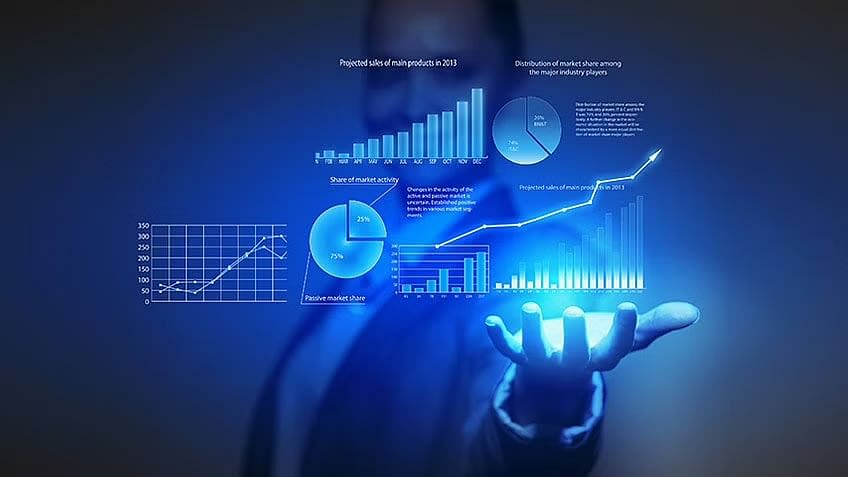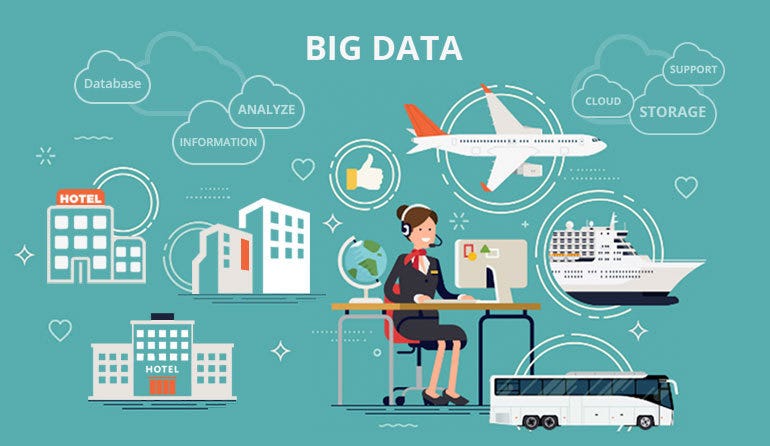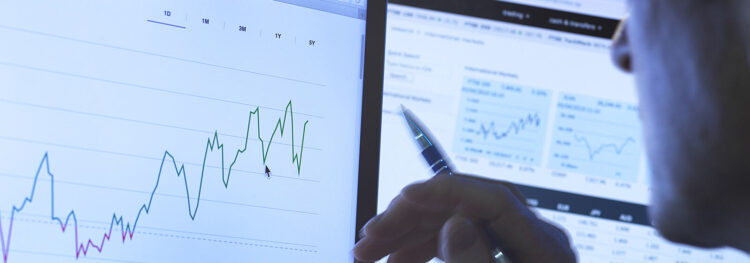It’s no secret that the hospitality industry is changing rapidly at present. With more and more consumers now being able to make snap decisions about their experience as well as where they will be spending their money, hotels need to keep pace with these changing customer expectations. The hospitality industry is undergoing a period of unprecedented change, and this is particularly evident in terms of data and analytics.
Previously, the hospitality industry was considered to be a labour-intensive business model that necessitated a human touch. Today, however, with the advent of technology, data has become much easier to access and analyze. In order for hotels to remain competitive in today’s market, they need to adopt new digital technologies and technology as quickly as possible if they hope to stay ahead of their competition.
What are Data and Analytics?
Data is the actual information that is generated by an operation or system. For hotels, data can refer to information about specific guests as well as information about the hotel itself, such as the number of rooms available, occupancy rates, and the make and model of the hotel’s equipment. When it comes to analytics, this is the process of using data to create insights or forecasts about the future.

This can be used to predict guest behaviour so that the business is better prepared to respond accordingly. It can also be used to forecast revenue and cost so that the hotel knows what to expect in the coming months and can plan accordingly.
Why are Data and Analytics important for hotels?
Data and analytics are transforming the hospitality industry. For one thing, they are helping hotels to forecast demand and plan their staffing accordingly. This is critical as hotels that have understaffed rooms may suffer lower occupancy rates, which can negatively impact revenue. Data and analytics are also helping hotels to make better decisions about investments.
This can be done by analyzing existing data so that relevant information is uncovered. For example, data can be used to identify optimal times for maintenance and renovation projects in order to minimize disruption to guests.
How to use Data and Analytics in the hospitality industry
There are several ways that hotels can use data and analytics to improve their operations and boost profitability. For one thing, data can be used to improve the guest experience. This can involve using data to provide information about specific guests so that they receive better service. For example, data can be used to determine a guest’s preferred room type, check-in and check-out times, as well as what time they would like to have breakfast served.

In this way, hotels can make decisions that are more tailored to the individual guest. Data can also be used to improve the hotel’s branding. This can involve using data to provide information about the hotel’s location and amenities so that the hotel appears more prominently in search results.
The challenges of using Data and Analytics in hospitality
However, the tremendous potential of data and analytics in the hospitality industry comes with significant challenges. For one thing, data security is a growing concern, particularly in the wake of high-profile data breaches. This can harm the hotel’s reputation and lead to fewer bookings from guests who are concerned about their privacy. Another challenge for hotels comes from the sheer volume of data that needs to be handled.
For example, in order to provide personalized service to every guest, a hotel needs to collect a great deal of information about guests. While this can have benefits, it also requires significant investment. The sheer volume of data also requires significant effort on the part of the technology team, which may further hinder the hotel’s efficiency.
How to get started with Data and Analytics in your hotel business
For those who are interested in using data and analytics in their business, the first step is to define the goals that you hope to achieve using data and analytics. For example, do you want to improve revenue? Improve guest satisfaction? Better understand your guests? Once you have a better understanding of your goals, it is easier to decide what types of data you need to collect.

For example, if you want to better understand your guests, you will need to collect data about the types of guests that stay in your hotel, such as their age, occupation, and the time of the stay. Once you have a better idea of the data that you want to collect, you can start collecting it. In this case, ensure that your data collection policy is clearly communicated to staff and that they are encouraged to collect the necessary data. This can help ensure that data is collected as intended.
Bottom line
When it comes to data and analytics, it is clear that a change is needed in the hospitality industry. The best way to address these challenges is to start collecting data as soon as possible. This will allow you to address challenges such as data security and identify optimal times for maintenance and renovation projects. With the right technology and staff, you can use data and analytics to improve the guest experience, maximize revenues, and better understand your guests.


























